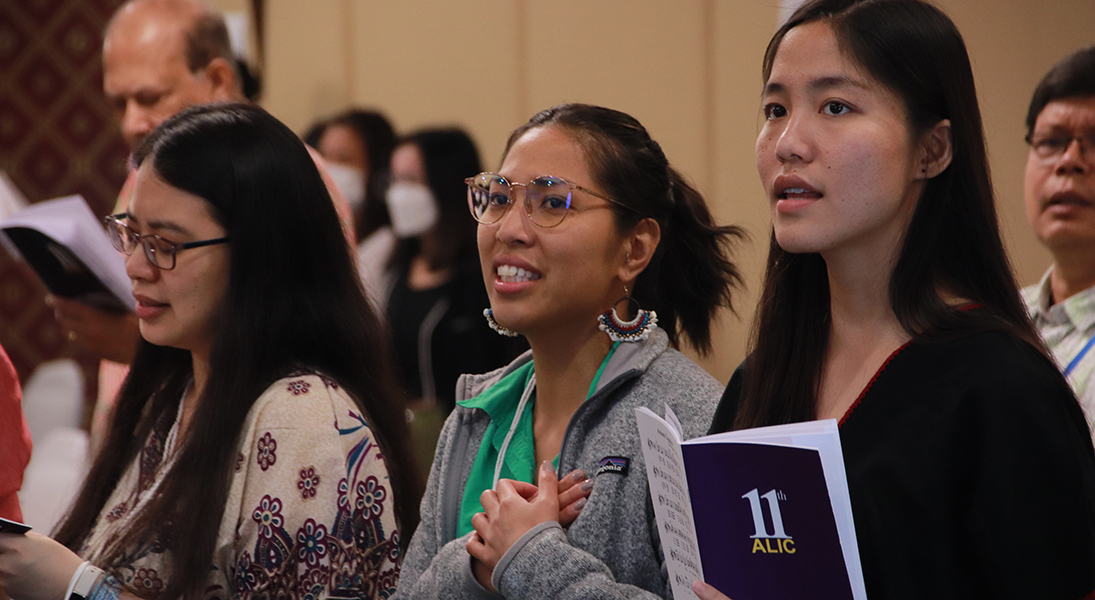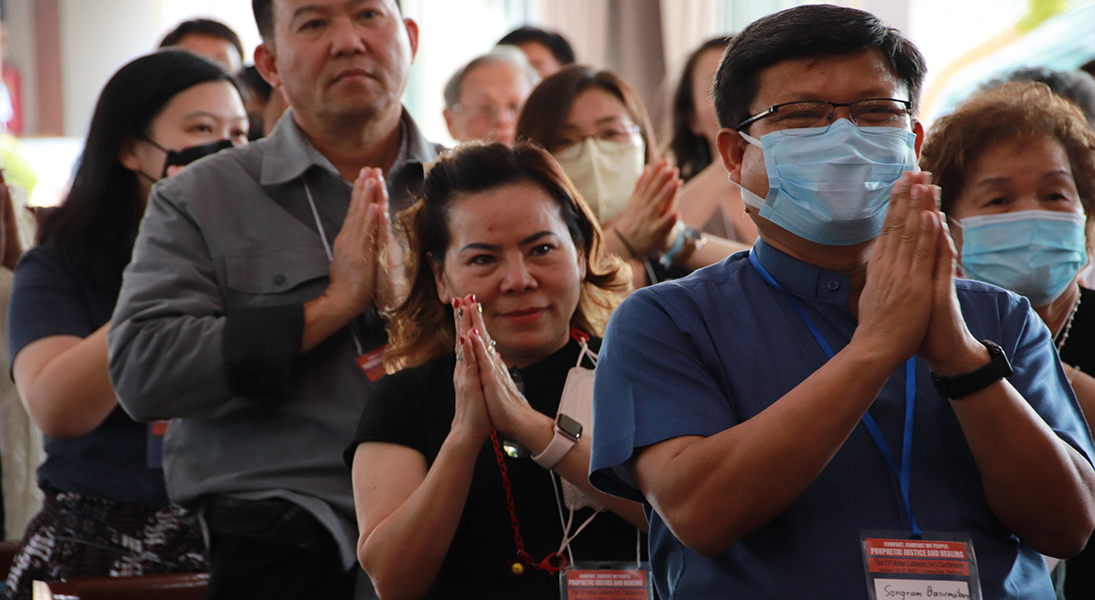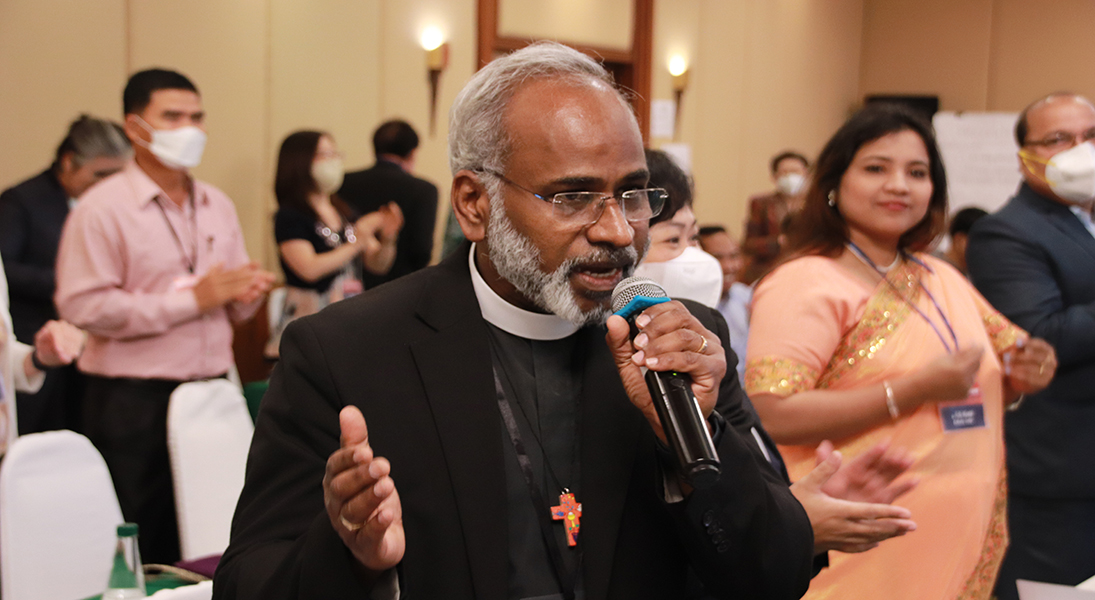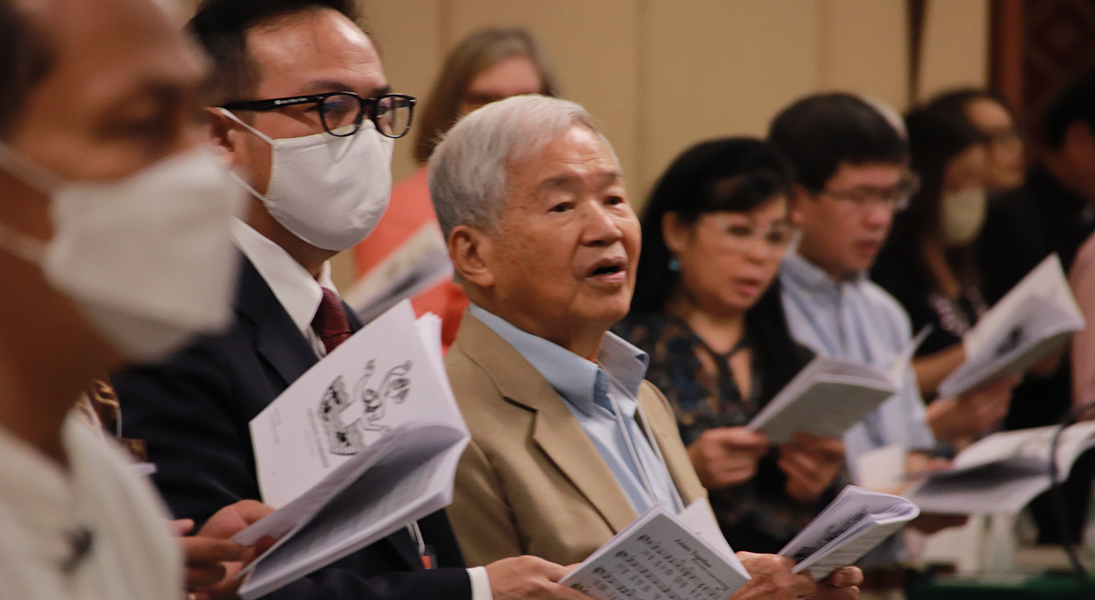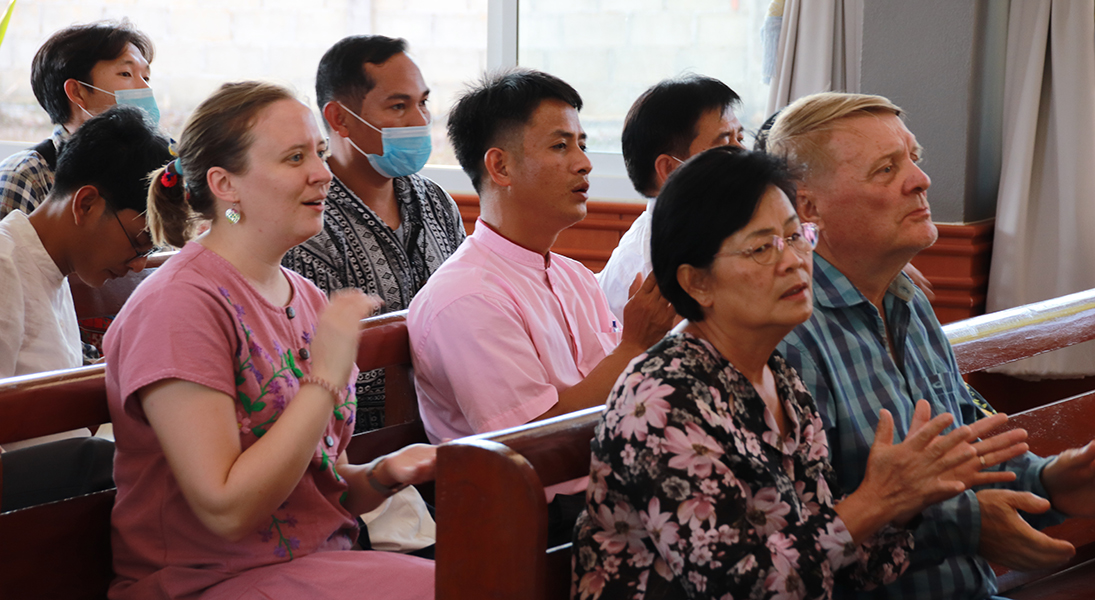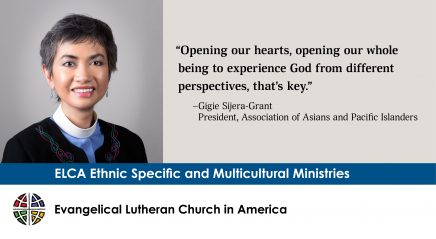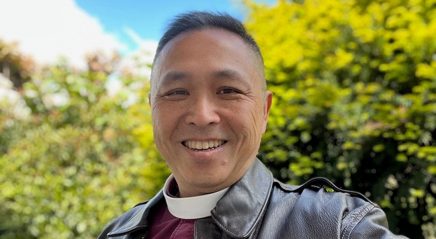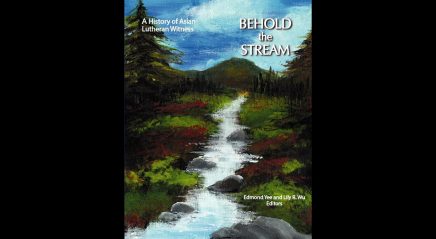The 11th Asian Lutheran International Conference (ALIC) was held in Chiang Rai, Thailand, Jan. 12-17, with the theme “Comfort, Comfort My People: Prophetic Justice and Healing.” Sivin Kit, Lutheran World Federation interim director for the Department for Theology, Mission and Justice, spoke to this theme by asking, “Have we lost touch with the experience of pain and suffering in our churches and our world?”
Organized by the ELCA’s Association of Asians and Pacific Islanders, the ALCI is a networking forum for ELCA members and for representatives from churches around Asia. Together they explore the concerns of Asian Lutherans through theological and practical reflection and develop new leaders by creating opportunities to interact with both established leaders and theologians of Asian background.
Throughout the gathering, more than 130 participants from around the ELCA and its companion churches in Asia reflected on the topic of pain and healing through Bible study, presentations, discussions and worship.
In her conference address, Surekha Nelavala, a pastor of multicultural mission in the Delaware-Maryland Synod, mentioned the COVID-19 pandemic as a moment that requires comfort and healing. “Women [already] suffer from inequality in all aspects of their lives,” she said, citing in particular the context of India, where many women are domestic migrant workers. Discriminated against already because of gender and caste, these women were forced back to their hometowns during the pandemic yet often barred from towns and villages along the way.
“We should ‘not just be the hands [of healing in Christ’s name] but at least be like the cloak of Jesus.'”
Rachel San Diego, a recent graduate of Pacific Lutheran Theological Seminary in Berkeley, Calif., personalized pain and healing by asking participants to name the conflicts and hurts they carry within themselves. “Let us not forget, God’s promise for healing is promised to us as well,” she said. “We must have the courage to touch the bones within our closets. For that is where God’s love is pulsing through.”
San Diego reminded those gathered that healing comes to “people longing to be healed, longing to hear what Jesus calls us to do, to make sense of how to live in a world that is in need of reconciliation.” Worship in mind, heart and spirit, she added, helps us “to find community together, to know and feel and find healing happening amidst us, to hear Jesus speak to us and through us.”
Kit concluded his remarks in similar fashion, comparing the church’s ministries today with the story of the hemorrhaging woman who dared to touch Jesus’ cloak and was healed. Those “in pain and suffering must not be neglected,” he said. “They are not merely victims but people of faith.” Therefore, we should “not just be the hands [of healing in Christ’s name] but at least be like the cloak of Jesus. That’s good enough.”
Celebrating the participants’ life together was a central aspect of the gathering, with singing, dancing and cultural exploration. The conference also acknowledged the contributions of Rafael Malpica Padilla, retiring ELCA executive director for Service and Justice, and Pongsak Limthongviratn, retiring ELCA director for Asian and Pacific Islander Ministries.



